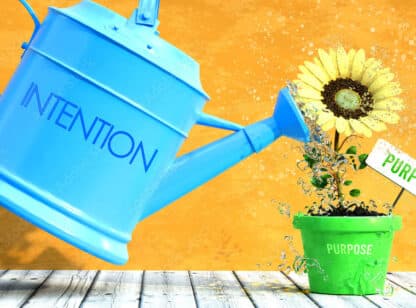
“The engineer in me wanted to figure out how I could do it by myself. I know I will never be the way I once was, but I have slowly figured out a way to live well, and I am thriving in a new normal.”
– Madelina
Facing challenges and problem solving are strengths that Madelina Agawin has relied upon since she was a young woman, and they have formed the complex mosaic of who she is as a person today.
Early on, Madelina’s father instilled in her the importance of education and being disciplined in her approach to achieving her goals. Inspired by that upbringing, she began college at the age of 16, and earned an MS in Civil Engineering before moving to the United States with her soon to be husband in 1967. Madelina continued her education while raising a son, and earned an MBA in Civil Engineering.
In 1984, Madelina accepted a job with General Dynamics and moved from Chicago to Groton, Connecticut (the submarine capital of the world). She worked as a Project Engineer for nuclear submarine programs, and under General Dynamics’ direction, pursued a certification in Nuclear Engineering.
It was during her employment there in 1991 that Madelina suffered a cerebral aneurysm, resulting in a hemorrhagic stroke that left her paralyzed on her right side and aphasiac. After several years of physical rehabilitation, she relocated to the desert to be closer to her son. Not long after, Madelina became a client and guest speaker at the Stroke Recovery Center in Palm Springs, where she talked candidly about the arduous process of healing.
“The value of the Stroke Recovery Center is that we treat the whole person, not just their presenting physical need,” says Beverly Greer, the organization’s Chief Executive Officer and a recognized expert in healthcare administration. “There are four pillars of treatment that we use in helping patients return to living productive lives: exercise therapy and recreation therapy, including speech, nutrition, and socialization. This comprehensive approach to healing is unique in the United States, and we are proud to have achieved continued positive results for clients like Madelina.”
In typical fashion, Madelina faced her physical and speech limitations as challenges. To her, they were merely problems that she needed to solve, and with this attitude, she managed to thrive in spite of her physical ordeal.
“Although I couldn’t speak, my brain was intact!” she explains. “The engineer in me wanted to figure out how I could do it by myself. I know I will never be the way I once was, but I have slowly figured out a way to live well, and I am thriving in a new normal.”
Over time, Madelina’s speech improved. She learned to use her non-dominant left hand and taught herself how to work a computer. Having to use a wheelchair for most activities has not restricted her drive to experience as much as possible in life, and in her own words, “I go everywhere.”
That is an understatement. In March 2005, Madelina boarded a bus for Arizona and embarked upon a three-day trip (alone) to tour the Grand Canyon. To date, she has written three books. As if she wasn’t already enjoying a full and independent life, Madelina decided to take up painting three years ago, an activity that she admits she never would have considered before her stroke.
“I find great pleasure in the challenge that painting portraits provides me,” she says. “I met an artist who encouraged me to try it, and when I decided I wanted to learn, I asked to be shown how to do the most challenging type of painting, which is portraiture. Much to my surprise, I found that I really love it and it transports me to another place.”
Whether she is using acrylics or pastels, Madelina approaches her art with the same concentration and discipline she has applied to all aspects of her life: education, career, motherhood and stroke recovery. She is happy to say that she’s found the secret to ‘living well,’ post-stroke.
“I live alone and I’m fiercely independent. It was very important for me to maintain that sense of independence, and I knew I didn’t want a caregiver. It’s a daily challenge to me, but I wouldn’t have it any other way.”
Founded in 1978 by Dr. Irving Hirshleifer, the Stroke Recovery Center offers long-term rehabilitation to the survivors of stroke and TBI, along with support for their families, caregivers, and loved ones. Services are structured to each client’s need and also include counseling, education, nutrition, socialization, and just plain fun. All services are free, since insurance coverage does not currently exist for the long-term treatment of stroke or TBI.
For more information, please call (760) 323.7676 or visit www.StrokeRecoveryCenter.org.

















































Comments (0)